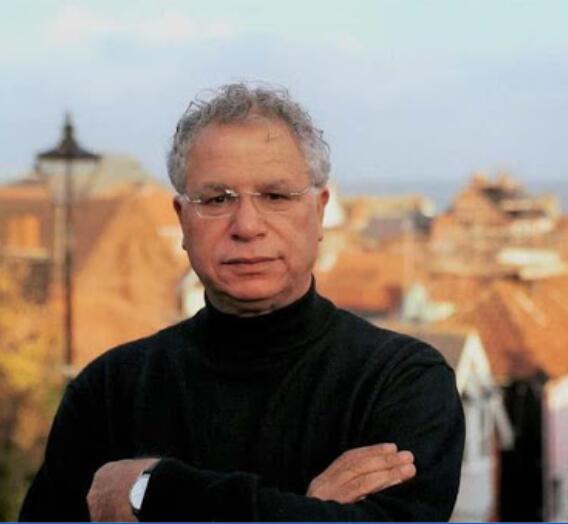In 1996, after the Oslo peace accords (a compromise he detested) he returned at last to Ramallah. He tried to coax joy out of himself, as hens were coaxed with barley, but it was hard. Was he returning as a guest, a citizen, or a refugee? In the city, he got lost. On the drive north from the border checkpoints the land was bare and chalky; he had remembered it leafed with green “in twenty languages of beauty”.
1996年,在《奧斯陸和平協議》之后,他終于回到了拉姆安拉,他十分痛恨這份協議。他想騙自己快樂起來,就像用大麥哄母雞一樣,但這太難了。他是以客人、公民還是難民的身份回來?在城市里,他感到迷茫。從邊境檢查站驅車北上,土地光禿禿的好似白堊;他記得路邊蔥郁的綠葉可以用“二十種美麗的語言”描述。
Was his memory playing him false? At his birth-village, Deir Ghassanah, where he gave a reading, the villagers mobbed him, but they did not know him. In the main square, daubed with Hamas slogans, he seemed to see the past squatting in the sun, like a dog forgotten by its owners. He wanted to pick it up and urge it towards the future.
是記憶欺騙了他嗎?回到出生地代爾加薩納(Deir Ghassanah),他在那里舉行了一場詩歌誦讀,村民們將現場圍的水泄不通,但沒人認識他。主廣場上寫滿了哈馬斯的口號,他似乎看到了過去的時光匍匐在陽光下,就像一只被主人遺忘的狗。他想把它撿起來,催促它走向未來。

The last place he lived in was Amman, Jordan’s capital, where he was buried. He was still angry, with a sort of numb despair, at the condition of Palestinians, the moral turpitude of the Palestinian Authority and Israel’s boot on the neck, controlling everything.
他最后居住的場所是約旦首都安曼,他死后葬在了那里。他對巴勒斯坦人的處境,巴勒斯坦權力機構的道德敗壞,以及以色列強行控制著一切感到很憤怒,帶著一種麻木的絕望。
He accepted that he would always be in a state of uprootedness. But there was one sure place he belonged, where he could retreat from ugliness, or abuse, or tedious waiting at some checkpoint: his inner space. There he reassured himself that quiet simplicity could be eloquent. Even silence could.
他還是接受了將永遠處于漂泊的宿命。但有一個地方確實是他的歸處,在那里他可以躲避丑陋、謾罵或在某個檢查站漫長的等待,那里就是他的內心世界。在那里,他讓自己相信,簡短、樸素的表達也可以有說服力。即使是沉默不語。
譯文由可可原創,僅供學習交流使用,未經許可請勿轉載。











